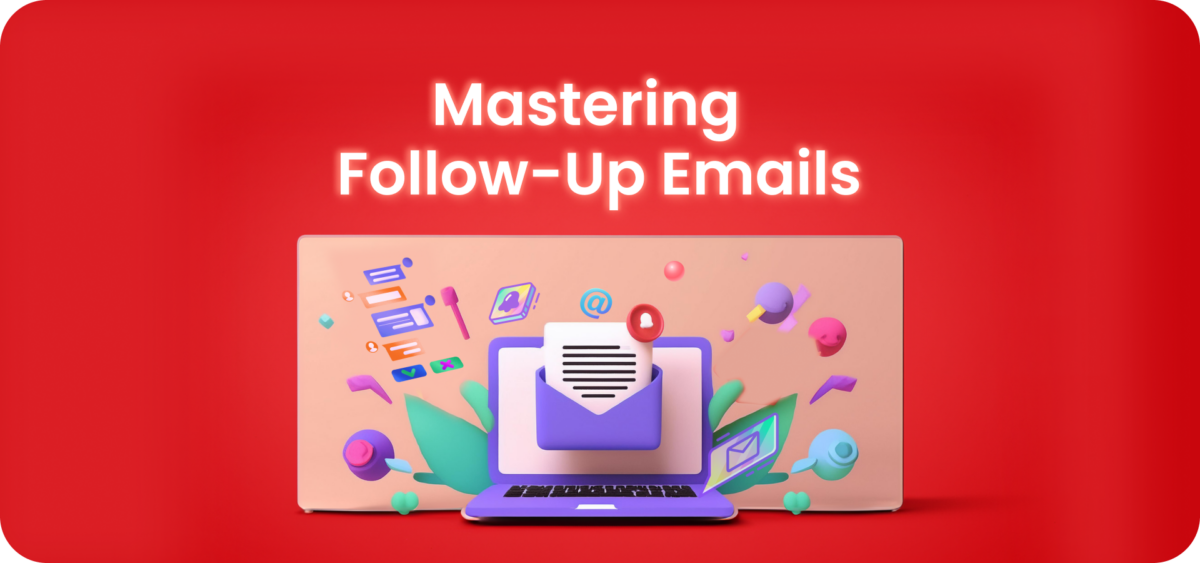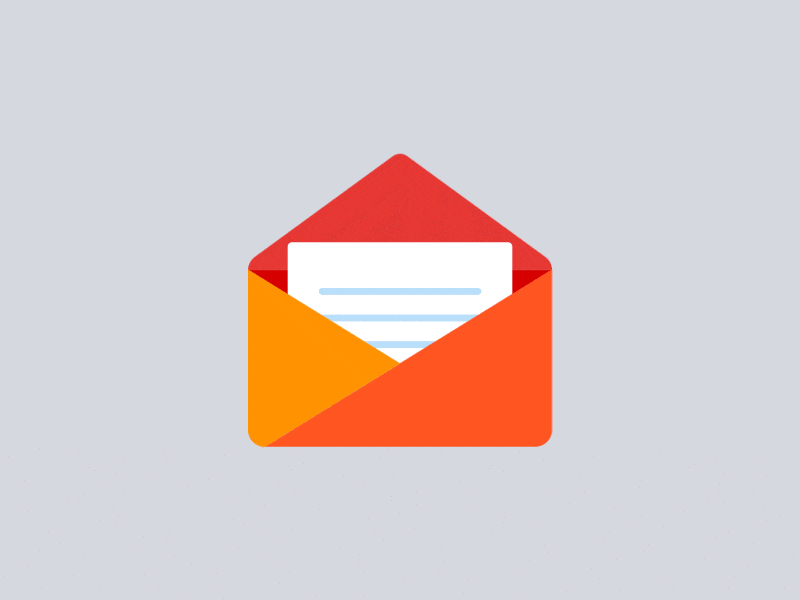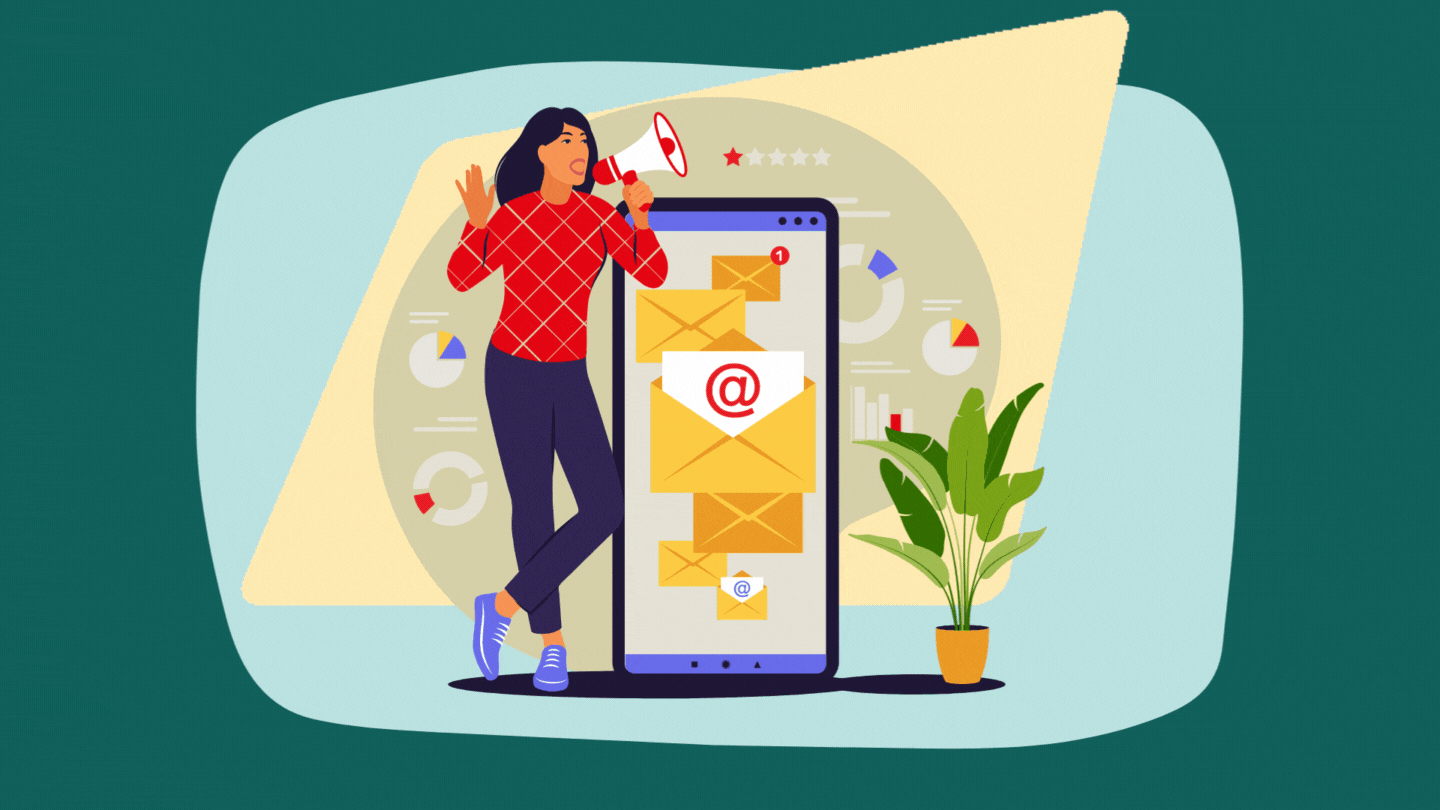
How to Turn Emails into Action
Want your follow-up emails to actually get results? This guide shows you how!
What is a Follow-Up?
A follow-up (FU) is a message sent after an initial meeting, conversation, or email to remind, reiterate, or request further action. It’s essential for maintaining communication and ensuring progress.
Follow-ups are crucial after job interviews, client meetings, project discussions, sales pitches, and any situation where future actions or decisions are expected.
The person who initiated the meeting or conversation usually writes the follow-up. This could be a job applicant, salesperson, project manager, or team member.
Typically, send a follow-up within 24-48 hours after the initial meeting or conversation to keep the discussion fresh and maintain momentum.

What’s Inside a Follow-Up?
- Greeting: Address the recipient warmly.
- Reminder: Briefly recall the previous conversation or meeting.
- Purpose: State why you are following up.
- Next Steps: Clearly outline any actions needed or requests.
- Closing: End with a courteous sign-off.
💡 Follow-Up Example
Subject: Following Up on Our Meeting Hi [Name], I hope you're well. I wanted to follow up on our discussion last [day] about [topic]. I’m excited about the next steps we discussed, particularly [specific detail]. Could you please update me on the timeline for [specific action]? Let me know if you need any more information from my end. Thank you for your time and assistance. Best regards, [Your Name]
How to Format an Email Follow-Up So It Doesn’t Get Lost
- Clear Subject Line: Use a subject like “Follow-Up on [Topic/Meeting Date].”
- Concise and Direct: Keep your email short and to the point.
- Highlight Important Points: Use bullet points or bold text for key actions.
- Polite and Professional: Maintain a courteous tone throughout.

Conclusions
Writing an effective follow-up email is crucial for maintaining communication and ensuring that your meetings and discussions lead to productive outcomes. By being timely, clear, and polite, you can enhance your chances of getting the results you need.
With the right approach, your follow-up emails can help solidify relationships, clarify expectations, and drive successful outcomes. Don’t underestimate the power of a well-crafted follow-up!

